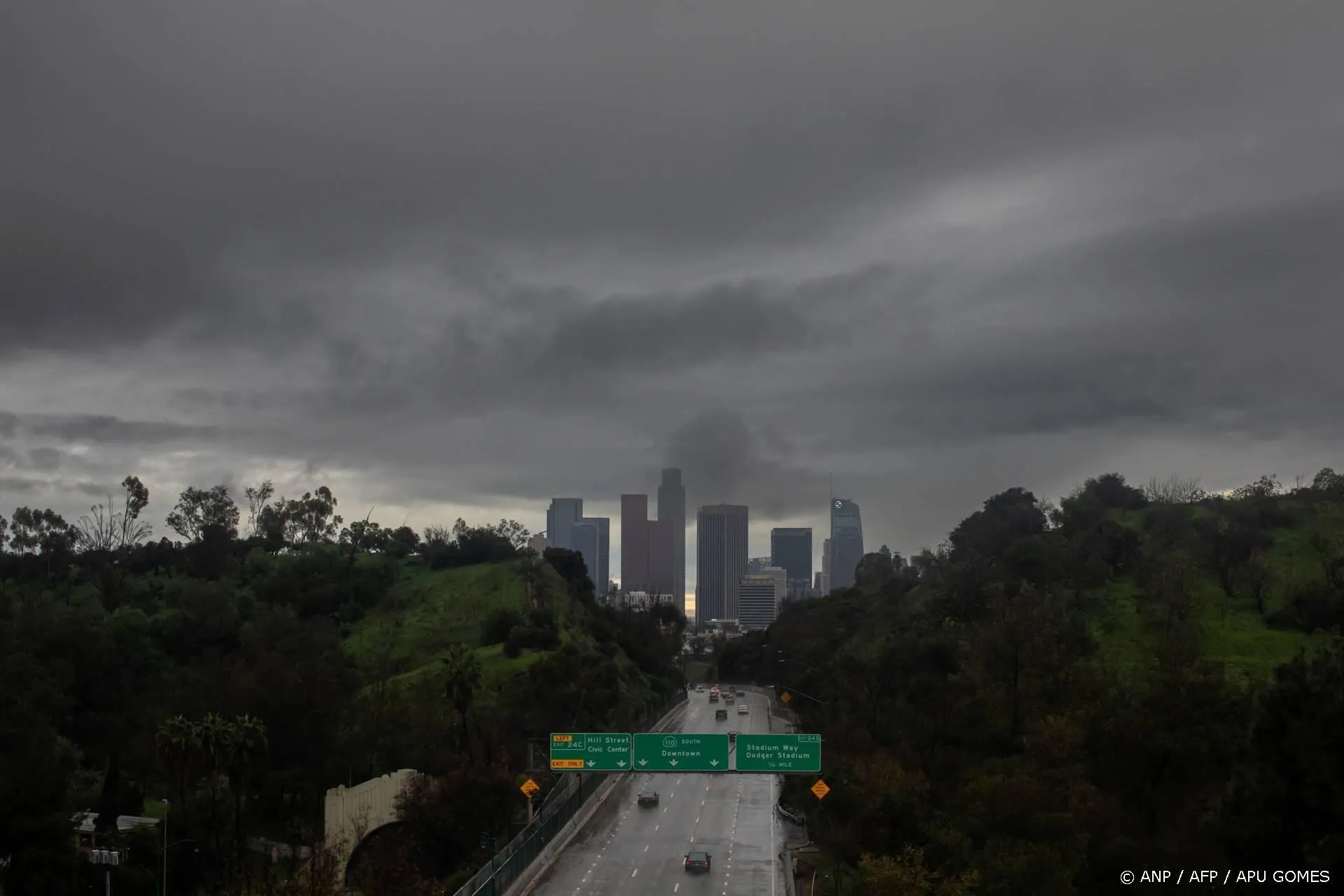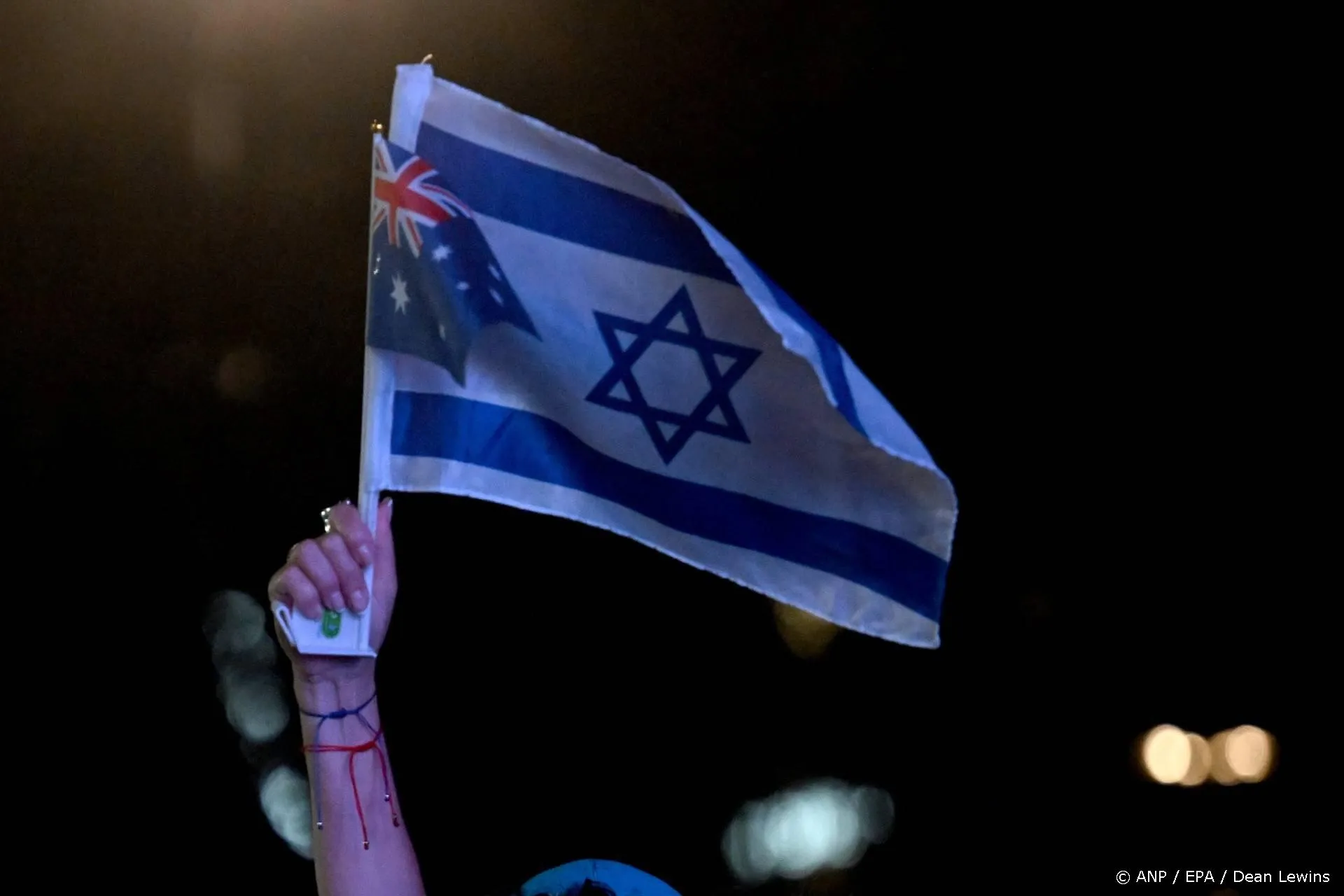Schengen: Balkanmaffia staat te trappelen
Southeastern Europe is becoming the main gateway for smuggling drugs, guns and people into the EU, according to a study likely to hurt Bulgaria and Romania's bid to join the bloc's passport-free zone.
Of all the hubs, the south east has seen the greatest expansion in recent years, as a result of increased trafficking via the Black Sea, proliferation of numerous Balkan routes for illicit commodities to and from the EU, and a significant increase in illegal immigration via Greece. These developments in the region have contributed to the formation of a Balkan axis for trafficking to the EU.
The report notes that while organised crime groups are becoming increasingly multi-ethnic and cellular, Albanian language gangs pose one of the biggest problems. Albanian speaking criminals are notorious for their use of extreme violence ... Many group members have a secret service, police or paramilitary background. [...] On arms smuggling, the report speaks of "large illicit stockpiles" in Albania, Bosnia and Croatia and "access to considerable quantities of ... military grade weapons including anti-tank rocket launchers and anti-aircraft equipment. [...] The large and growing number of illegal immigrants from countries and regions in which Islamist terrorist groups are active - such as Chechnya, Afghanistan, Iraq, Pakistan and Somalia - raises the possibility that channels for illegal immigration will be used increasingly by those seeking to engage in terrorist activity in the EU.
Increasing sophistication in human trafficking saw one Swedish-based Iraqi gang buy a small airline in order to smuggle people. Another group on two occasions chartered planes to fly Aghans from Greece to Italy. Gangs use offshore funds in banking centres such as the UK and the United Arab Emirates to launder cash. But forensic accounting is being frustrated by the emergence of a "barter market" in which one gang pays another gang for drugs with stolen guns or pays for human trafficking services with stolen credit card data.
Lees ook
Loading


